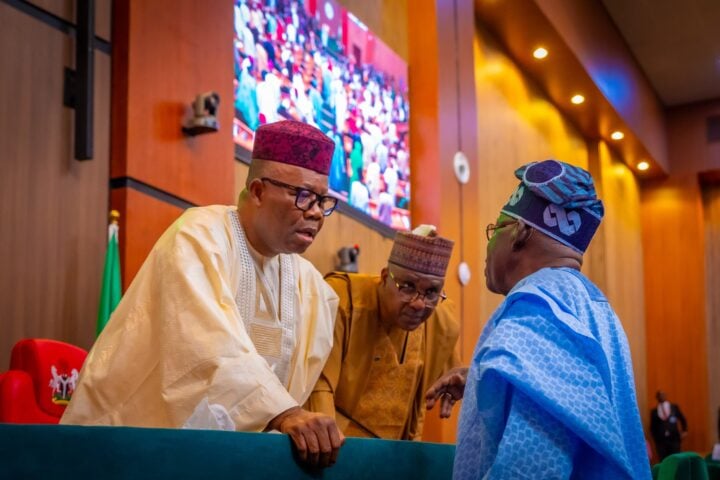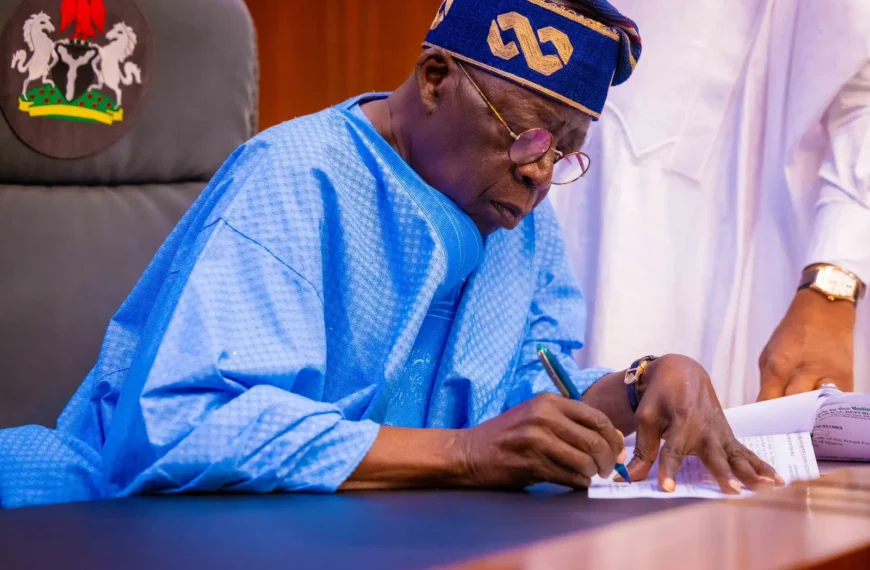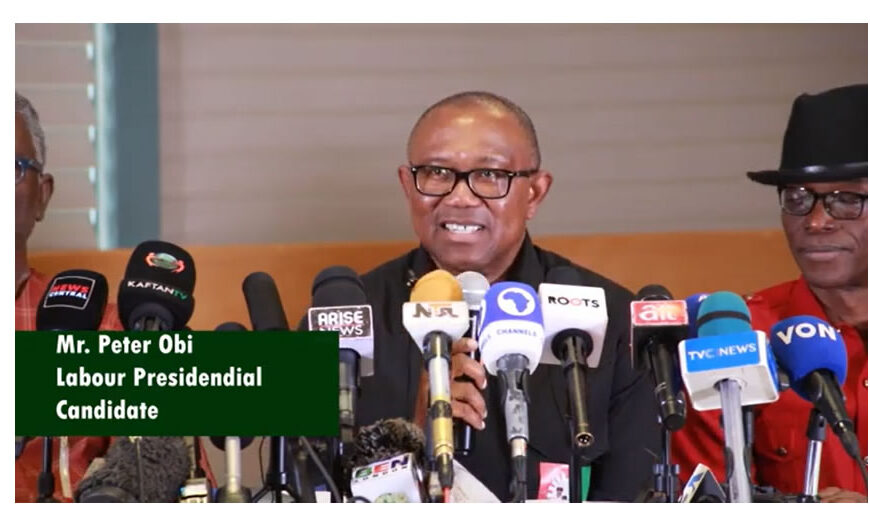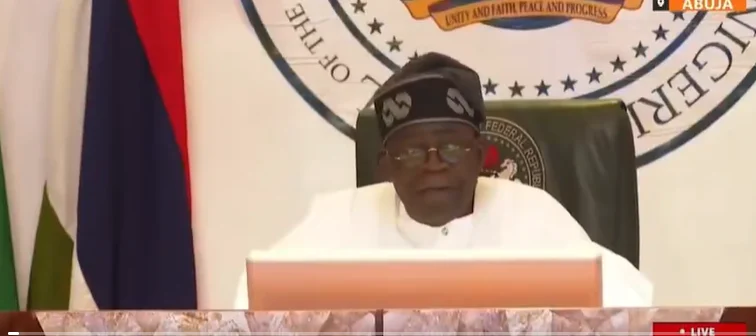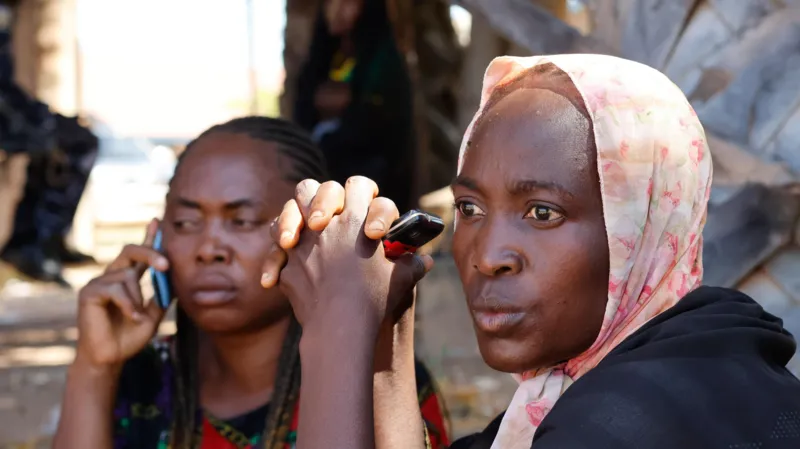Why Aregbesola Believes Tinubu Will Lose the 2027 Election
Former Interior Minister and current National Secretary of the African Democratic Congress (ADC), Rauf Aregbesola, has made a bold prediction: that the ruling All Progressives Congress (APC) and President Bola Tinubu will be defeated in the 2027 general election.
Speaking during the inauguration of the ADC’s state secretariat in Ilorin, Aregbesola laid out his reasoning, pointing to growing public dissatisfaction and what he describes as a clear “loss of confidence” in the ruling party.

Key Points Made by Aregbesola
1. APC’s Aggressive Conduct Signals Weakness
Aregbesola argued that a confident party would not feel the need to clamp down so aggressively on the opposition. According to him, the APC’s tendency to intimidate and harass critics is not a sign of strength but of fear. He described the ruling party as “hounding and hunting” opposition members, which he believes reflects its anxiety about losing public support.
2. Popularity Erosion Due to Governance Challenges
The former minister also highlighted what he sees as the APC’s declining popularity. He noted that ordinary Nigerians are increasingly dissatisfied with the state of the economy, security issues, and the general direction of governance. In his view, this growing frustration is creating a political opening for alternative parties like the ADC.
3. ADC’s Strategic Opportunity
Aregbesola predicted that the ADC would take advantage of this political climate to emerge as a major force. He emphasized that his party is positioning itself as a people-driven movement with stronger youth and women representation. He argued that the recent wave of defections to the APC shows that the ruling party is becoming a gathering place for “enemies of the people,” which he believes will backfire at the polls.
Broader Political Context
Aregbesola’s prediction comes at a time when Nigeria’s political landscape is heating up ahead of the 2027 elections. The APC remains the ruling party with significant resources and incumbency advantages. However, economic hardship, security concerns, and discontent over governance are giving momentum to opposition parties.
The ADC is trying to present itself as a fresh alternative to both the APC and the older opposition parties, particularly the PDP. However, to translate dissatisfaction into victory, opposition parties must build strong coalitions, present credible candidates, and mobilize voters effectively.
How Plausible Is Aregbesola’s Prediction?
Strengths of His Argument:
- Public frustration with the ruling party could create a strong demand for change.
- A party that appeals to youth and women could gain traction in a country with a young population.
- Aggressive political tactics by the APC may fuel further backlash against it.
Risks and Counterarguments:
- The APC still enjoys the benefits of incumbency, including access to resources and a wide political network.
- The opposition remains fragmented, and the ADC’s national structure is still developing.
- To unseat a ruling party, a strong, united, and credible coalition is essential.
- Unexpected economic or security improvements before the election could bolster Tinubu’s chances.
Conclusion
Rauf Aregbesola’s prediction that Tinubu will lose in 2027 is rooted in his belief that the APC is showing signs of weakness and that public dissatisfaction is growing. He sees the ADC as the vehicle that can channel this discontent into electoral victory.
However, defeating a ruling party in Nigeria requires more than just public frustration—it demands strong organization, unity among opposition forces, and a compelling alternative vision. Whether Aregbesola’s prediction becomes reality will depend on how effectively the opposition can capitalize on current discontent and how the APC responds to the challenges it faces.Former Interior Minister and current National Secretary of the African Democratic Congress (ADC), Rauf Aregbesola, has made a bold prediction: that the ruling All Progressives Congress (APC) and President Bola Tinubu will be defeated in the 2027 general election.
Speaking during the inauguration of the ADC’s state secretariat in Ilorin, Aregbesola laid out his reasoning, pointing to growing public dissatisfaction and what he describes as a clear “loss of confidence” in the ruling party.
Key Points Made by Aregbesola
1. APC’s Aggressive Conduct Signals Weakness
Aregbesola argued that a confident party would not feel the need to clamp down so aggressively on the opposition. According to him, the APC’s tendency to intimidate and harass critics is not a sign of strength but of fear. He described the ruling party as “hounding and hunting” opposition members, which he believes reflects its anxiety about losing public support.
2. Popularity Erosion Due to Governance Challenges
The former minister also highlighted what he sees as the APC’s declining popularity. He noted that ordinary Nigerians are increasingly dissatisfied with the state of the economy, security issues, and the general direction of governance. In his view, this growing frustration is creating a political opening for alternative parties like the ADC.
3. ADC’s Strategic Opportunity
Aregbesola predicted that the ADC would take advantage of this political climate to emerge as a major force. He emphasized that his party is positioning itself as a people-driven movement with stronger youth and women representation. He argued that the recent wave of defections to the APC shows that the ruling party is becoming a gathering place for “enemies of the people,” which he believes will backfire at the polls.
Broader Political Context
Aregbesola’s prediction comes at a time when Nigeria’s political landscape is heating up ahead of the 2027 elections. The APC remains the ruling party with significant resources and incumbency advantages. However, economic hardship, security concerns, and discontent over governance are giving momentum to opposition parties.
The ADC is trying to present itself as a fresh alternative to both the APC and the older opposition parties, particularly the PDP. However, to translate dissatisfaction into victory, opposition parties must build strong coalitions, present credible candidates, and mobilize voters effectively.
How Plausible Is Aregbesola’s Prediction?
Strengths of His Argument:
- Public frustration with the ruling party could create a strong demand for change.
- A party that appeals to youth and women could gain traction in a country with a young population.
- Aggressive political tactics by the APC may fuel further backlash against it.
Risks and Counterarguments:
- The APC still enjoys the benefits of incumbency, including access to resources and a wide political network.
- The opposition remains fragmented, and the ADC’s national structure is still developing.
- To unseat a ruling party, a strong, united, and credible coalition is essential.
- Unexpected economic or security improvements before the election could bolster Tinubu’s chances.
Conclusion
Rauf Aregbesola’s prediction that Tinubu will lose in 2027 is rooted in his belief that the APC is showing signs of weakness and that public dissatisfaction is growing. He sees the ADC as the vehicle that can channel this discontent into electoral victory.
However, defeating a ruling party in Nigeria requires more than just public frustration—it demands strong organization, unity among opposition forces, and a compelling alternative vision. Whether Aregbesola’s prediction becomes reality will depend on how effectively the opposition can capitalize on current discontent and how the APC responds to the challenges it faces.

